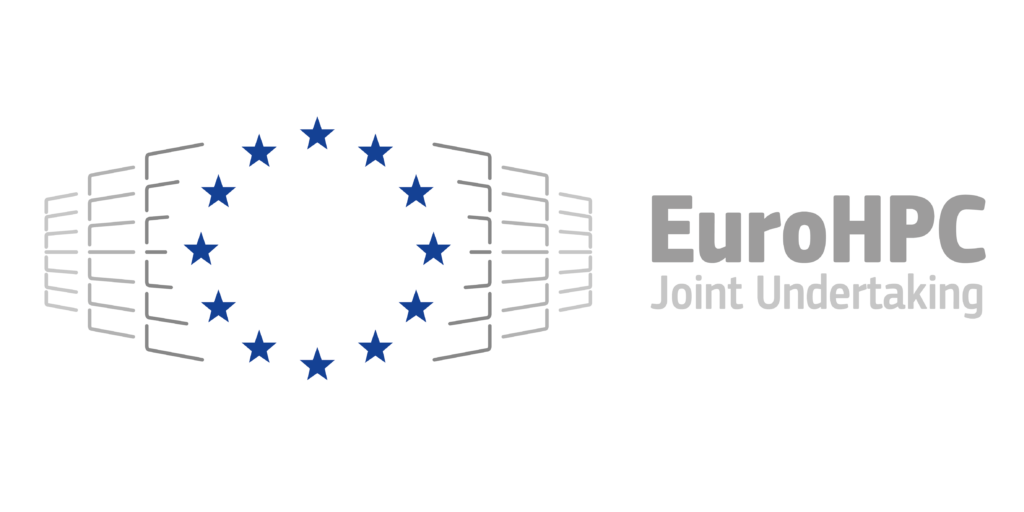Roger Espasa (Semidynamics) held a presentation at HiPEAC 2022 Conference in Budapest.
Roger Espasa from Semidynamics held a presentation titled: “Atrevido: SemiDynamics Out-of-Order RISC-V Core” at Spring 2022 RISC-V Week.
Roger Espasa from Semidynamics held a presentation titled “OVI: The Open Vector Interface.”
Jesus Labarta held a presentation titled “Performance analysis and hybrid programming in HPC”, Mauro Olivieri held a presentation “Vector acceleration in HPC and Edge Devices” and Roger Espasa held a presentation “Avispado: A RISC-V core supporting the RISC-V vector instruction set.”
EPI’s Roger Espasa from SemiDynamics held a presentation titled “SemiDynamics High Bandwidth RISC-V Vector Cores.”
EPI partners attended the 2nd RISC-V Week and gave several presentations:
Roger Espasa, SemiDynamics: “SemiDynamics’ High Bandwidth RISC-V Cores”,
Jesus Labarta, BSC: “The RISC-V vector processor in EPI“,
Luca Benini, UNIBO, ETHZ: “Seven Chips in Seven Years”,
Romain Dolbeau, SiPearl: “The road to RISC-V in High-Performance Computing”
Roger Espasa attended the RISC-V Summit and held a presentation titled “Introducing SemiDynamics High Bandwidth RISC V IP Cores”. Video of the presentation is available at RISC-V YouTube channel: https://www.youtube.com/watch?v=QojwA_cQTJo
EPI Chairman of the Board, Jean-Marc Denis, held a keynote at the RISC-V Global Forum titled “EPI, the European approach for Exascale ages. The road toward sovereignty”, and Roger Espasa, from SemiDynamics, also gave a talk titled “Introducing SemiDynamics High Bandwidth RISC V IP Cores”.
At the online event called International Conference on Supercomputing 2020, two EPI partners gave talks that also related to their work in EPI. Andrea Bartolini from the University of Bologna gave a talk titled “RISC-V open-ISA and open-HW – a swiss army knife for HPC”, discussing the effectiveness of RISC-V ISA and Open-HW, while Roger Espasa from SemiDynamics gave a talk titled “Hardening an academic core for industrial use”, where he discussed strategies and challenges of using open-source academic core and hardening for industrial use.

